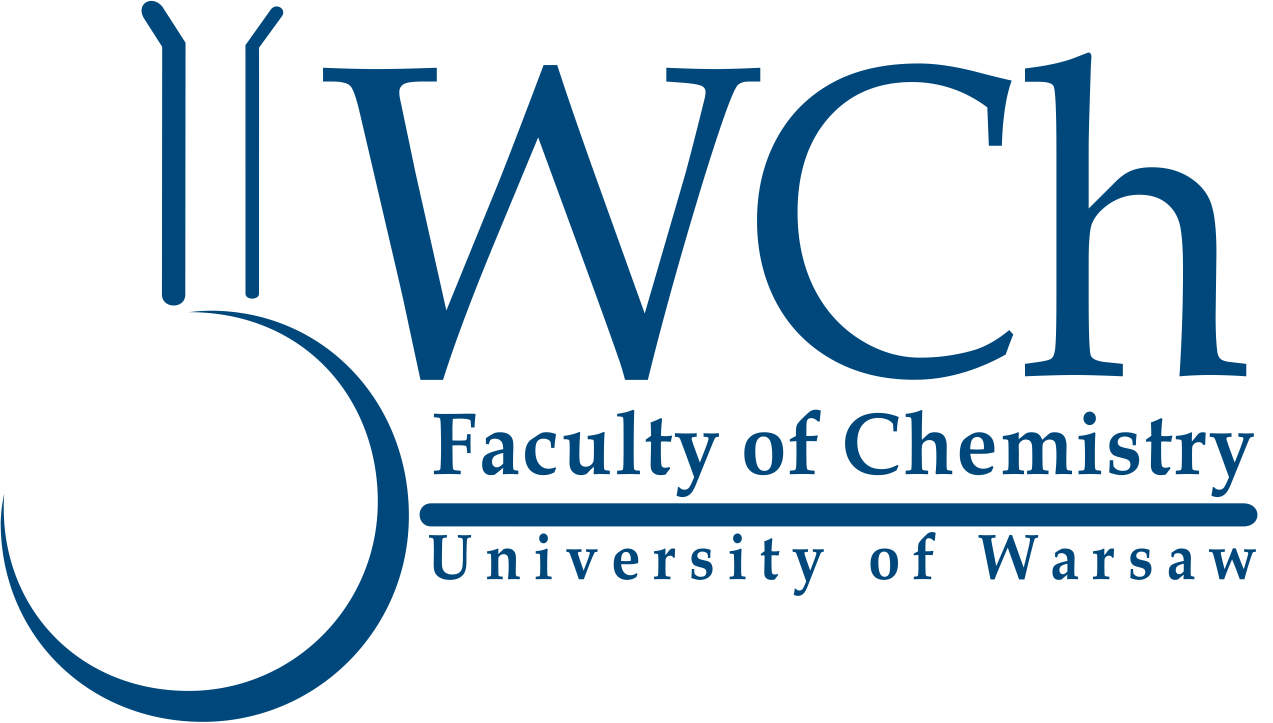GreenMet Lab
Team leader: dr hab. Wojciech Hyk, prof. ucz.
Team leader’s e-mail address: wojhyk@chem.uw.edu.pl
Brief description of the research topic:
We conduct research in the areas of nanoelectroanalysis, chemical analysis using ICP-MS in single-particle mode, chemical metrology, and the recycling and upcycling of metals from electronic waste.
We are developing and refining a highly promising analytical technique for nanoparticle analysis: single-particle inductively coupled plasma mass spectrometry (SP-ICP-MS). This technique provides quantitative information on nanoparticle number, size, and size distribution, as well as the concentration of the ionic form of the studied element in solution. A unique advantage of SP-ICP-MS is its ability to analyze nanoparticles at concentrations corresponding to those found in the environment. Our work focuses on the metrology of SP-ICP-MS measurements, algorithms for nanoparticle detection, and practical applications in determining nanoparticle concentrations in plant and animal organisms and in cell cultures.
We produce matrixless metal nanoparticle systems either in the one-component or two-component core-shell and nanoalloy form. We have developed a voltammetric method for determining the size of silver nanoparticles under diffusion-migration conditions. These nanoparticle preparations are applied in studies on biostimulation of crop development and on glycation processes leading to the degradation of major structural proteins in the skin.
We model diffusion–migration ion transport during the synthesis of metal nanoparticles in water without added supporting electrolyte. The model assumes anodic dissolution of a metallic electrode, spherical transport geometry under steady-state conditions, absence of supporting electrolyte, and the presence of dissolved CO₂ in water.
In the field of metrology, we are developing next-generation multiparameter reference materials that, in addition to density values, also reproduce other physicochemical quantities (such as surface tension, refractive index, and viscosity). These materials will enable fast and cost-effective calibration and verification of automated systems composed of many different measuring devices.
We conduct research in the area of electronic waste (e-scrap) recycling. Recycling can be implemented through upcycling – a form of secondary waste processing that results in higher-value products. An example of e-scrap upcycling is the use of our innovative electrochemical method for producing matrixless metal nanoparticle systems (particularly silver and gold) from e-waste. The resulting nanoparticles can be used as plant protection agents and biostimulants, potentially useful in agriculture serving as an alternative to pesticides.
We provide accredited services for measuring the chemical composition of metal alloys and determining the thickness of precious metal coatings deposited on Ni/Cu/PCB substrates.
We also offer consulting and expert services in quality control of measurements in testing and calibration laboratories, including validation of test methods, construction of uncertainty budgets, development of proficiency testing programs, and certification of reference materials.
We develop user-friendly IT systems (web applications) for performing statistical calculations and measurement quality control in research laboratories (www.e-stat.pl).
